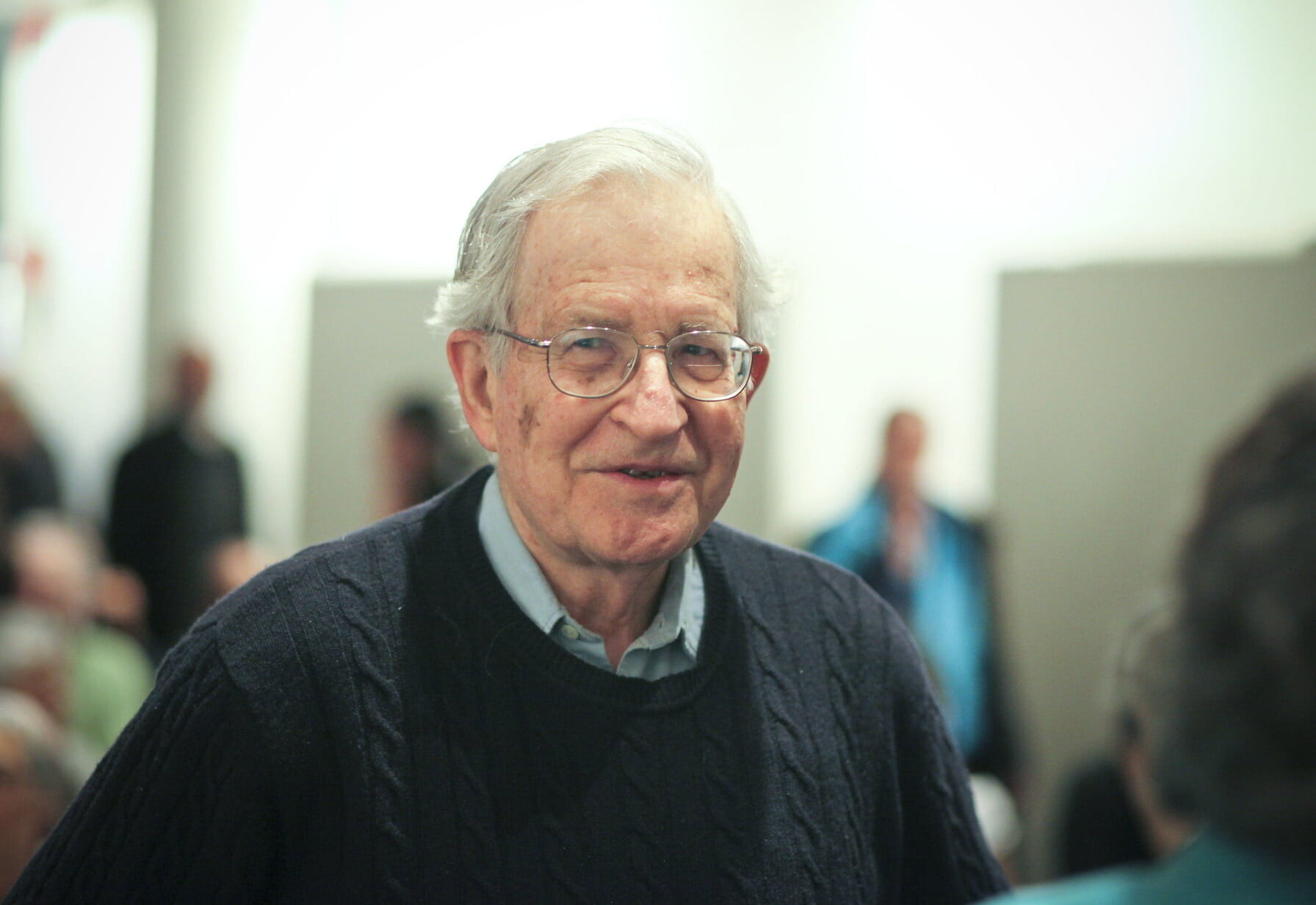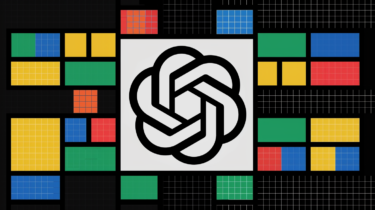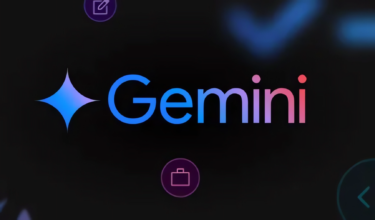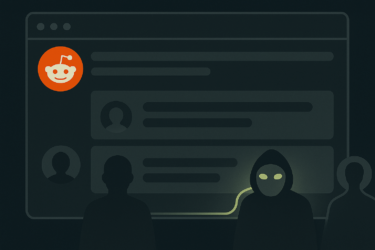What does the education system have to do with ChatGPT - and ChatGPT with the education system? According to the famous linguist Noam Chomsky, not very much.
Born in 1929, the emeritus professor of linguistics at the Massachusetts Institute of Technology has positioned himself as a philosopher and intellectual in addition to his work as a linguist and cognitive scientist.
Chomsky's verdict on ChatGPT is harsh: its only contribution to the educational system is to make it harder for professors to detect plagiarism.
ChatGPT has access to an "astronomical amount" of data in which it finds regularities and strings them together, Chomsky said. The result looks more or less like what someone might have written on the subject, but that's about it. For Chomsky, using ChatGPT is tantamount to avoiding learning and "high-tech plagiarism" that undermines the education system.
Systems like ChatGPT might be useful for certain things, Chomsky noted, but it's not clear for what. They would work for existing languages as well as fantasy languages, Chomsky said, alluding to the possible lack of understanding of the world by large language models.
Chomsky's solution to ChatGPT plagiarism: a motivating educational system
Chomsky's solution for a functioning educational system in the age of ChatGPT: an interesting educational program with motivated students. He spent most of his life at MIT, he said, where students were interested in the subjects and pursued them out of interest. Plagiarism was not an option.
Chomsky believes the same principle applies to students using their smartphones in class: "One way to deal with that is to ban iPhones. Another way to do it is to make the class interesting."
Human-like AI or brain-computer interfaces for thought transmission, as Elon Musk's Neuralink is exploring, are pipe dreams for Chomsky: "We know almost nothing about the brain."
Chomsky's language research has also contributed to advances in machine language processing. In 2011, the journal of the IEEE Computer Society honored him for his contributions to "generative grammar" for the development of intelligent systems.







